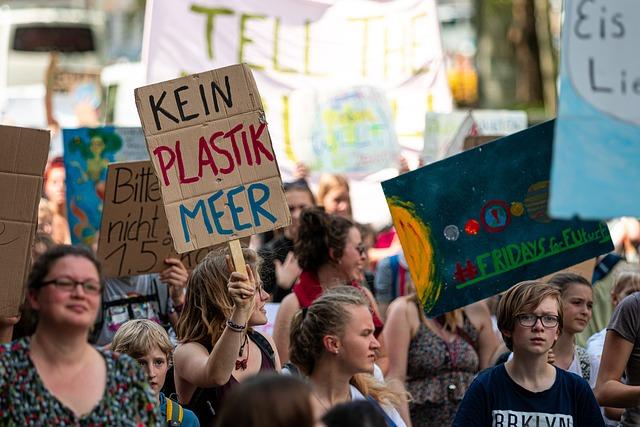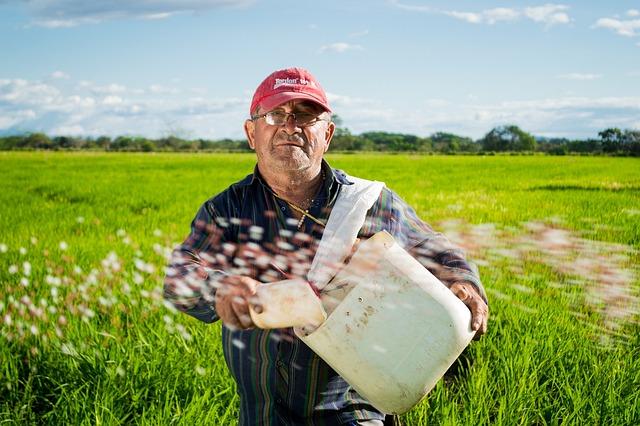- Introduction
- Senegalese Women Leading by Example in Climate Advocacy
- Climate Justice Through Social Mobilization
- The Impact of Climate Change on Senegalese Women and Their Communities
- Pushing for Policy and Global Recognition
- Conclusion
- FAQs
- References
Introduction
In Senegal, women have become key figures in the fight for climate justice. On a grassroots level, they advocate for sustainable practices, raise awareness about the dangers of climate change, and push for meaningful policy shifts. The struggle of these women represents a way forward not just for Senegal but for similarly affected nations around the world.
This article will explore how Senegalese women lead by example in the climate battle, focusing on their empowerment and mobilization efforts. We will also delve into the individual and community impacts of climate change, examine the women-led push for policy changes, and assess the global recognition climate advocates seek.
Senegalese Women Leading by Example in Climate Advocacy

(Image: Pixabay/@AdinaVoicu)
Senegalese women are playing pivotal roles in the movement for climate justice, particularly in rural areas where access to resources is limited, yet the effects of climate degradation are deeply felt. Traditionally, these women often hold responsibility for farming, fishing, and providing for their families—making them more vulnerable to environmental changes.
Understanding their vital role, women across Senegal have organized social movements and cooperatives aimed at promoting sustainable practices. Some small local communities have transitioned to eco-friendly farming techniques for crops such as millet, groundnuts, and sorghum—all with the guidance of female leaders. This shift has not only mitigated soil degradation but has also served as an example to other regions.
In Dakar and other urban centers, Senegalese women have formed alliances that advocate for climate action through media campaigns, street protests, and engagement with local policymakers. These efforts have played a significant role in amplifying the need for sustainable practices nationwide.
Women’s leadership in this growing grassroots movement has empowered girls and younger women to become leaders in their own rights. Many scholars point out that these kinds of movements often generate lasting structural changes, as they don't focus solely on aid but rather on empowering the local populace.
Climate Justice Through Social Mobilization

(Image: Pixabay/@dmncwndrlch)
The concept of “climate justice” extends beyond managing environmental damage—it also involves addressing the social and economic inequalities climate change exacerbates. In Senegal, women have found innovative ways to make their voices heard, often resorting to public marches and community mobilization as a method of raising awareness.
Senegalese women organize events like the Women’s Climate March, gathering masses to stand against neglectful environmental policies. These demonstrations have created visibility for Senegal's climate crisis both locally and globally. The consistent on-the-ground activism is forcing authorities to prioritize climate-related issues higher on the political agenda.
In a region still struggling with gender equality, these initiatives represent a powerful intersection between feminism and environmentalism. By centering women in these actions, the efforts underline how integral female contributions are to the fight for a sustainable future, especially since they directly bear the brunt of climate change.
Social media also plays an essential role in mobilizing communities. Platforms such as Twitter and Facebook regularly amplify these movements, connecting local struggles to broader international environmental campaigns. The rising digital ecosystem in Africa empowers communities to band together for collective causes like climate justice.
The Impact of Climate Change on Senegalese Women and Their Communities

(Image: Pixabay/@eliasfalla)
Senegal is particularly vulnerable to climate change because of its geographical location along West Africa’s Atlantic coast. Coastal erosion, droughts, floods, and irregular rainfall patterns have severely affected agricultural outputs, putting livelihoods and food security at risk. These challenges disproportionately affect women, who are central to agricultural activities and water management in rural communities.
With each passing year, droughts worsen, shrinking harvests and pushing rural families deeper into poverty. As primary providers of food, Senegalese women are now fighting diminishing crop yields and water scarcity on multiple fronts. Household diets have transformed, often worsening malnutrition among children and the elderly.
Beyond physical health, climate change places mental and emotional strain on women in Senegal. Increased responsibilities such as fetching clean water or finding alternative incomes put women at greater risk of stress-related illnesses. In coastal communities, where overfishing caused by warming waters has spiked, fisherwomen struggle to maintain traditions tied to their profession.
This adverse impact has energized many women to demand solutions from their governments—both local and national. They call for expanded support in the form of climate-resilient agriculture programs and improved access to technology and resources. Without these long-term solutions, Senegal’s women and their families remain trapped in a cycle of climate-induced poverty.
Pushing for Policy and Global Recognition

(Image: Pixabay/@Pok_Rie)
Much of the progress toward climate resilience in Senegal comes not only from grassroots efforts but also from their successful call for institutional change. Though some African nations lag behind in adopting climate-friendly laws, Senegalese women have played a central role in pushing for concrete policy actions that address climate change’s root causes.
At the 2022 COP27 UN Climate Conference, Senegalese women joined an international coalition highlighting the connection between gender equality and environmental resilience. They argued for increased funding targeted specifically at empowering women-led environmental initiatives in developing nations.
Moreover, they emphasized the need for governments to incorporate indigenous knowledge into policy-making. Traditional methods and wisdom passed down by generations of Senegalese women could help shape national strategies through renewable energies, water-saving technologies, and reforestation programs that build local economies.
While achieving policy changes may take time, Senegalese women are resolute in demanding recognition—locally and globally. Their aim is to make Senegal a beacon for African climate justice. Beyond merely securing economic reparations, they seek to safeguard ecosystems and inspire tighter integration of environmental education in schools and communities.
Conclusion
Through leadership, advocacy, and social mobilization, Senegalese women are elevating the climate conversation across their country and on the global stage. From agriculture to policy reform, they serve not only as victims of climate change but as champions for transformative climate justice. Their role is pivotal in shaping the agenda for a more sustainable and equitable future.
Ultimately, their success lies in continued social activism, international recognition, and better integration of environmental policies aligned with marginalized groups' needs.
FAQs
Why are Senegalese women critical to the climate justice movement?
Senegalese women play crucial roles in their communities as farmers, resource managers, and advocates, making them vital agents for change in the fight against climate devastation, especially as they are among the first to experience its repercussions.
How does climate change impact Senegalese women specifically?
Climate change causes droughts, floods, and erratic weather, which directly undermines agriculture and food security—industries where women are predominant. Additionally, women in rural areas suffer from increased duties related to resource scarcity and climate instability.
What solutions are Senegalese women advocating for at a local and international level?
They advocate for sustainable agricultural practices, government-backed climate resilience programs, women's economic empowerment, and inclusion in global forums where funding and policymaking decisions are made.

